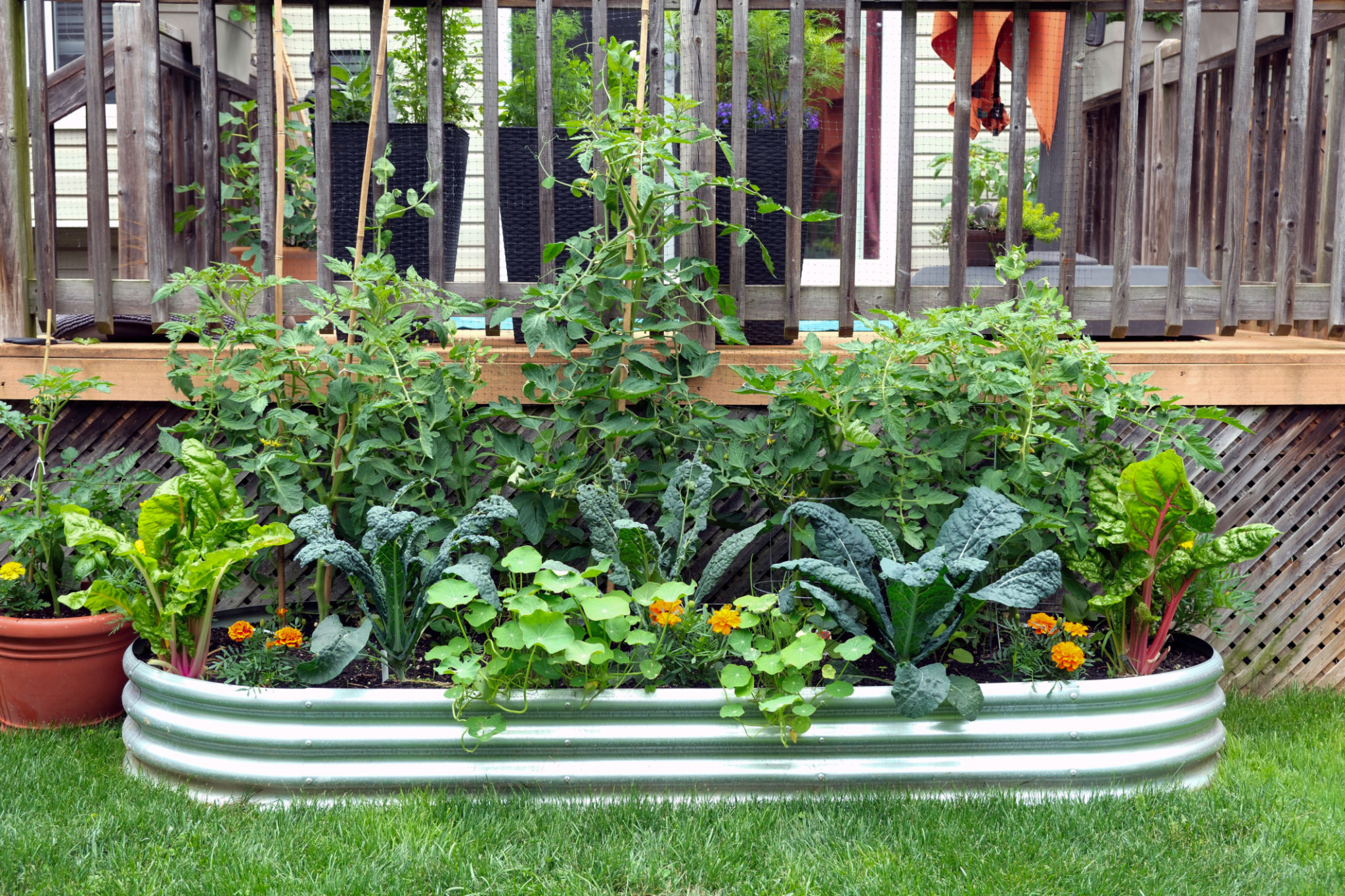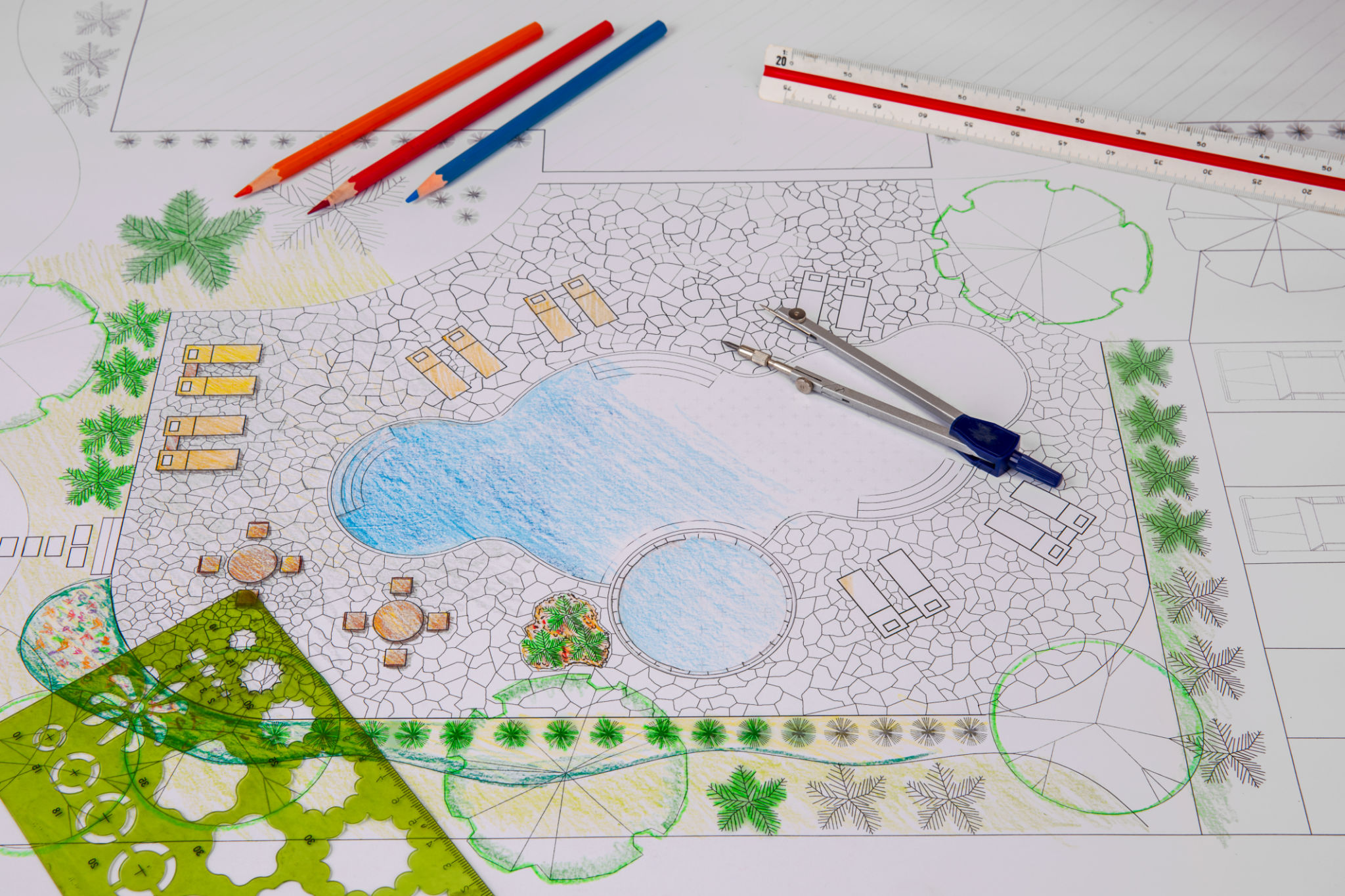Eco-Friendly Landscaping in Wilmington: How to Transform Your Garden Sustainably
Understanding Eco-Friendly Landscaping
In recent years, eco-friendly landscaping has gained significant traction, especially in communities like Wilmington that are keen on preserving their natural beauty. This sustainable approach integrates environmentally conscious practices to create gardens that are both beautiful and beneficial to the local ecosystem. By choosing native plants, conserving water, and minimizing chemical usage, homeowners can significantly reduce their environmental footprint while enhancing their property's aesthetic appeal.

Choosing Native Plants
One of the core principles of eco-friendly landscaping is the use of native plants. These species are naturally adapted to the local climate and soil conditions, requiring less water and maintenance compared to non-native varieties. By selecting plants that thrive in Wilmington's environment, you can create a garden that supports local wildlife, including bees, butterflies, and birds. Consider incorporating plants like black-eyed Susans, coastal goldenrods, and American hollies to add both beauty and functionality to your landscape.
Water Conservation Techniques
Water conservation is another crucial aspect of sustainable gardening. Implementing systems like rain barrels or drip irrigation can significantly reduce water usage. Rain barrels collect rainwater from rooftops, which can then be used to hydrate your garden during dry spells. Drip irrigation systems deliver water directly to the roots of plants, reducing evaporation and runoff. Mulching is also a simple yet effective way to retain soil moisture, suppress weeds, and enhance soil quality.

Reducing Chemical Usage
Traditional gardening often relies on chemical fertilizers and pesticides, which can harm the environment and local wildlife. Eco-friendly landscaping encourages the use of organic alternatives. Composting is an excellent way to enrich your soil naturally. Homemade compost can be created from kitchen scraps and yard waste, providing a nutrient-rich amendment for your garden beds. Additionally, consider using natural pest control methods like introducing beneficial insects or planting pest-repelling herbs such as basil and mint.
Incorporating Hardscaping Elements
Hardscaping elements such as stone paths, patios, and retaining walls can enhance the functionality and appearance of your garden while reducing grass areas that require regular watering and mowing. Opt for permeable materials that allow rainwater to seep through, reducing runoff and promoting groundwater recharge. Materials like gravel, permeable pavers, or reclaimed wood are great choices for creating sustainable hardscape features.

Composting and Soil Health
Healthy soil is the foundation of any thriving garden. By focusing on soil health through composting and organic amendments, you can improve plant growth and resilience. Composting not only reduces waste but also improves soil structure, water retention, and nutrient content. Regularly incorporating compost into your garden beds will promote a vibrant and sustainable landscape that flourishes year-round.
Engaging the Community
Eco-friendly landscaping is not just an individual effort; it can be a community endeavor as well. Engaging with local gardening groups or participating in community garden projects can provide valuable support and resources for your sustainable gardening journey. Sharing experiences and knowledge with neighbors can inspire others to adopt eco-friendly practices, creating a ripple effect throughout the Wilmington community.
By embracing eco-friendly landscaping practices, you’ll not only create a beautiful garden but also contribute to the health and sustainability of Wilmington’s environment. Whether you’re starting from scratch or modifying an existing landscape, these strategies will help you transform your garden into a sustainable haven for both people and wildlife.